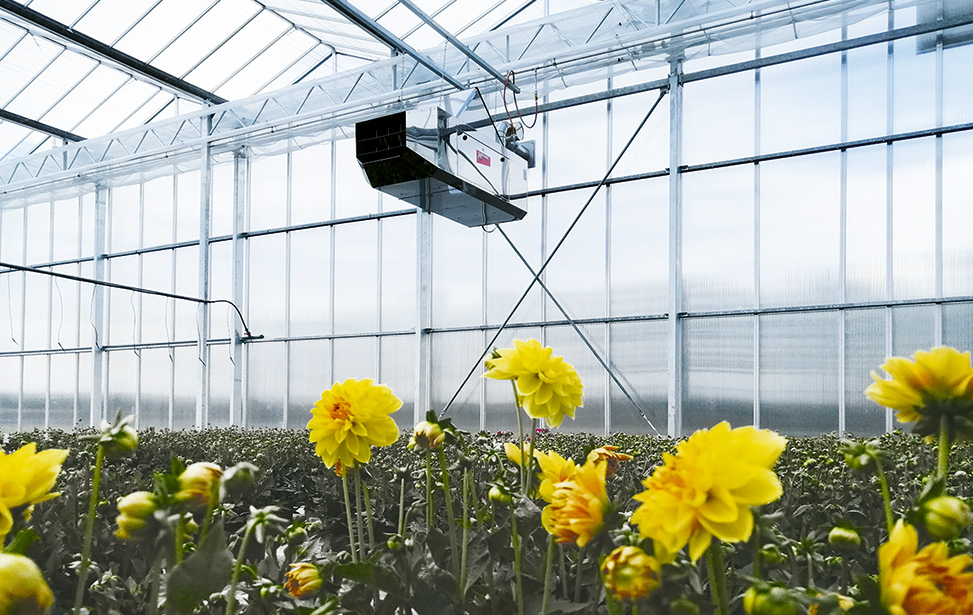On Tuesday, February 11, the Al Ma’rifah Mosque in Rawa Buaya, Cengkareng, West Jakarta, hosted its inaugural hydroponic vegetable harvest. This event marked a significant milestone in urban agriculture and community empowerment, facilitated by Bank Indonesia’s Social Program. The initiative provided essential hydroponic infrastructure to the Al Ma’rifah Mosque Farmers Group, aiming to boost urban farming productivity and directly benefit the local community.
Collaborative Efforts in Urban Agriculture
The harvest event, commencing at 9:00 AM WIB, saw the participation of notable figures, including Novi C. Palit, Head of the West Jakarta Food Security, Marine, and Agriculture Service; Suhardin, Deputy Head of Cengkareng Sub-district; Ewa Octarina, Deputy Chairperson III of the West Jakarta PKK; and representatives from local administrative and community organizations. This diverse attendance underscores the collaborative spirit between financial institutions, community groups, and places of worship in promoting sustainable urban farming practices.
Hydroponics: A Sustainable Solution for Urban Food Security
Hydroponic farming, which involves growing plants without soil, offers a viable solution for urban areas with limited land availability. By utilizing nutrient-rich water solutions, hydroponics enables the cultivation of vegetables in confined spaces, contributing to food security and environmental sustainability. This method has been successfully implemented in various urban settings, providing fresh produce and enhancing community well-being.
Economic and Social Impact
The integration of hydroponic systems within community spaces like mosques not only addresses food security but also fosters economic empowerment. For instance, similar programs have enabled local farmers to generate additional income through the sale of hydroponically grown vegetables. In Tangerang, the cultivation of kale and pakcoy through hydroponic methods has resulted in monthly earnings exceeding two million rupiahs for participating farmers.
The successful hydroponic harvest at Al Ma’rifah Mosque exemplifies the potential of collaborative urban agriculture initiatives. By leveraging support from financial institutions and community organizations, such programs can transform underutilized urban spaces into productive agricultural hubs, enhancing food security and empowering local communities.











